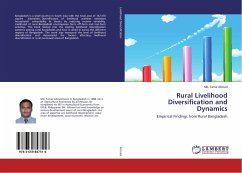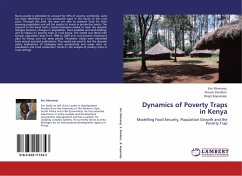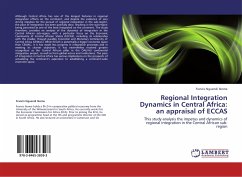Most models about global sustainability treat the world as if it were a homogeneous, single-nation system. However, the clustering observed among nations with respect to their economic development levels results in two distinct blocks; developed (North) and developing (South). Interaction of these blocks and their local actions affect the global sustainability, as they are two interrelated actors in a closed system, namely the world. In this study, population, economic growth, welfare gap, energy supply and related pollution are identified as the key issues related to both global sustainability. These issues are analyzed in a systems perspective, focusing on their systemic, inseparable nature. A dynamic feedback model is constructed in order to simulate the long-term dynamics for key variables related to the above issues. The results obtained from a set of scenarios clearly demonstrate the fact that the obstacles that would be encountered by North and South will be quite different in nature and magnitude.
Bitte wählen Sie Ihr Anliegen aus.
Rechnungen
Retourenschein anfordern
Bestellstatus
Storno








